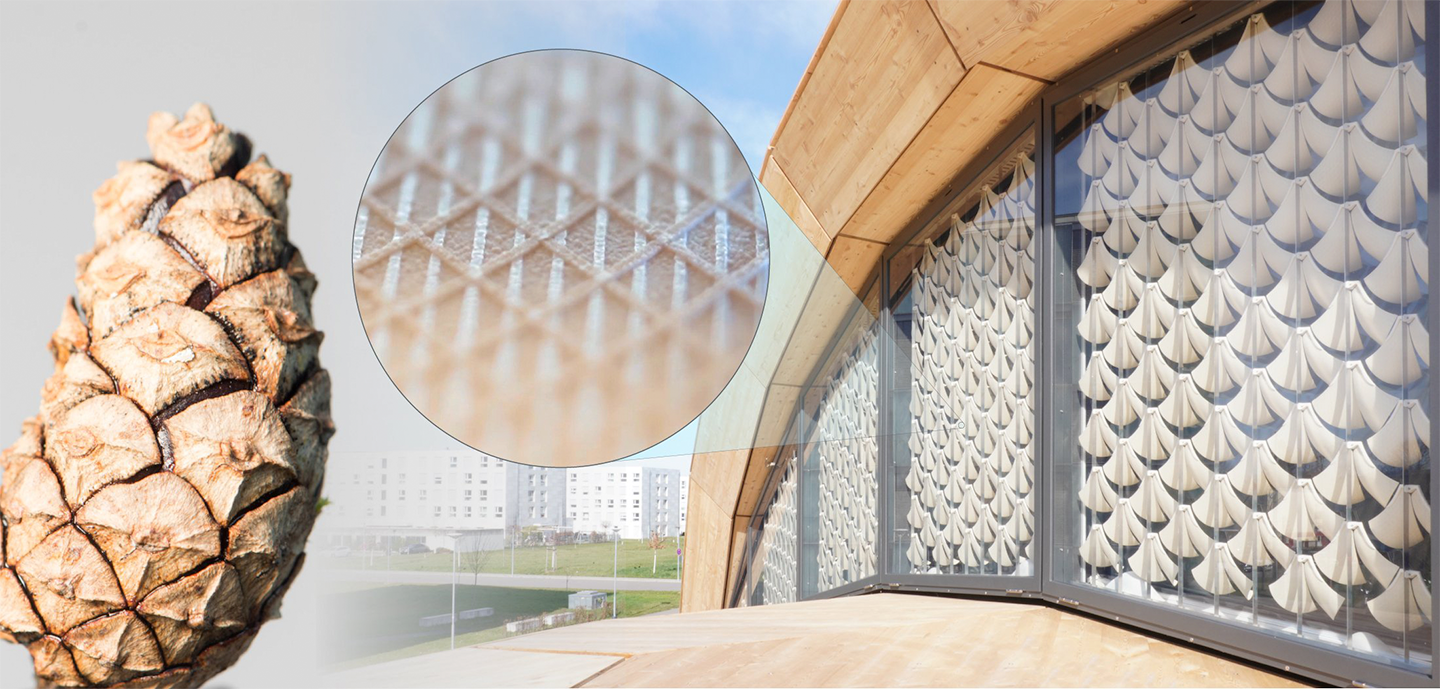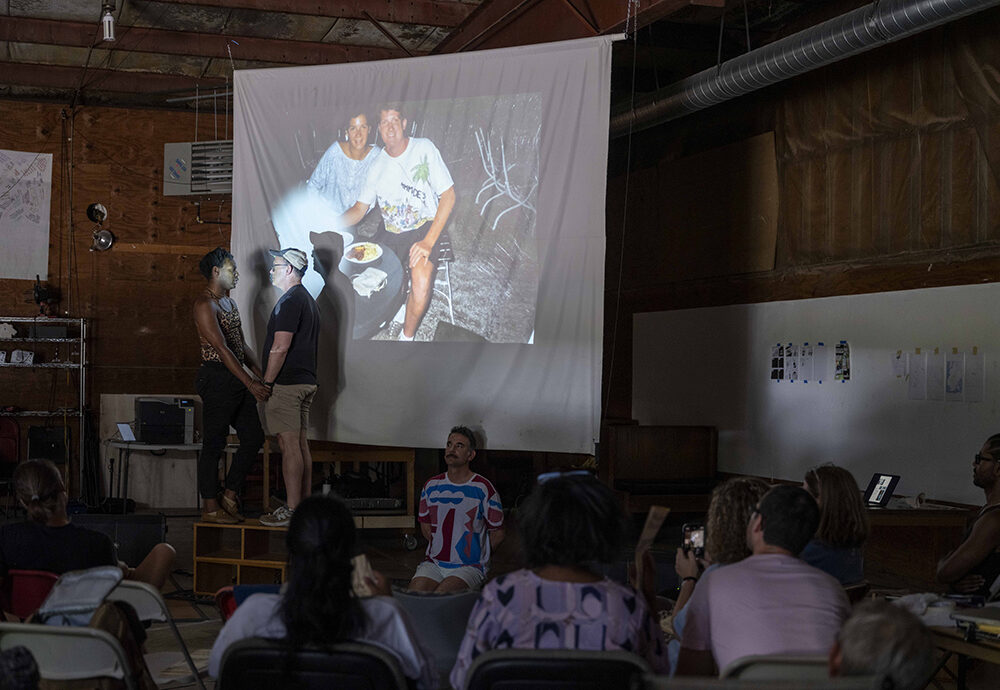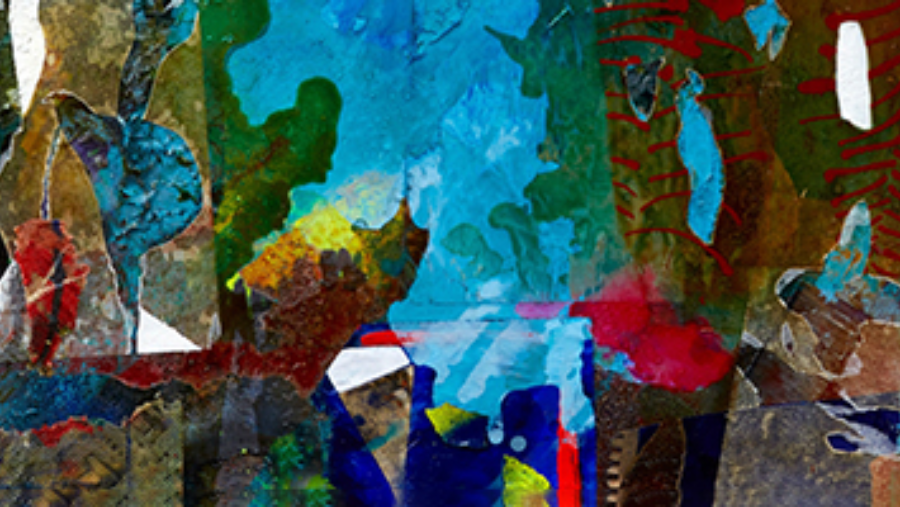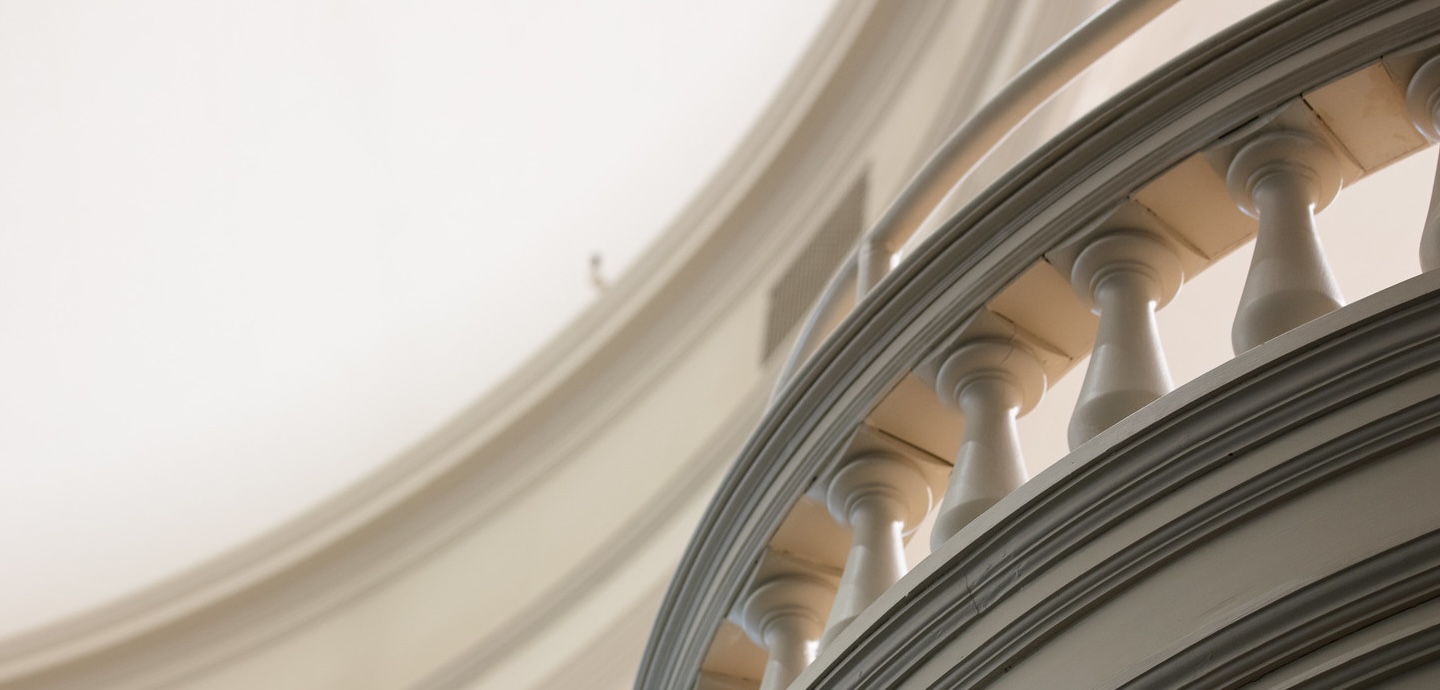Lecture
Location
Abby and Howard Milstein Auditorium
Milstein Hall
Contact
Department of Design Tech
Abstract
What if our buildings and products could be manufactured and operated the way biological systems grow and adapt? As an alternative to conventional construction and manufacturing, Tiffany Cheng will present a bioinspired approach to making through material programming and 4D printing.
By integrating material, structure, and function, plants change shape over varying spatial-temporal scales in response to external stimuli. Cheng will introduce how computational fabrication enables the bioinspired interplay of cellulosic materials, mesostructures, and adaptive motions to create hygromorphic systems powered by the environment. The developed methods are transferable across scales and applications — from hobbyist 3D printers to industrial robot platforms and self-adjusting wearables for the body to weather-responsive shading in buildings.
By collaborating with the natural sciences, we systematically extract working principles from biological role models and, in some cases, use our technologies to answer questions about the biological role models in turn. Through integrative technologies and interdisciplinary solutions, we can leverage biobased materials and bioinspired design principles to create a built environment that is transformative and resilient.
This lecture is a part of the Design Tech Public Lecture Series.
Biography

Tiffany Cheng
Cheng is a designer and builder from Taiwan whose work examines the performance potential of natural and biobased materials for smarter and more sustainable forms of making. As an Assistant Professor at Cornell University’s Department of Design Tech, Cheng directs the MULTIMESO Lab to develop computational fabrication processes for creating bioinspired systems across scales, from self-forming structures to self-regulating building skins.
Cheng’s research has been recognized through various awards, notably the Living Machines Best Paper Award (2020), Future of Construction Best Poster Award (2022), and the Materialpreis ❤ Award (2023). Her designs have been exhibited internationally at the Eiffel Tower (2019) in France, the Mori Art Museum (2019–2020) in Japan, and the London Design Biennale (2023) in the United Kingdom.
Cheng defended her Doctorate in Engineering at the University of Stuttgart in 2024. Prior to that, Cheng earned her Master’s in Design Studies (Technology) from Harvard University and her Bachelor of Architecture from the University of Southern California.



